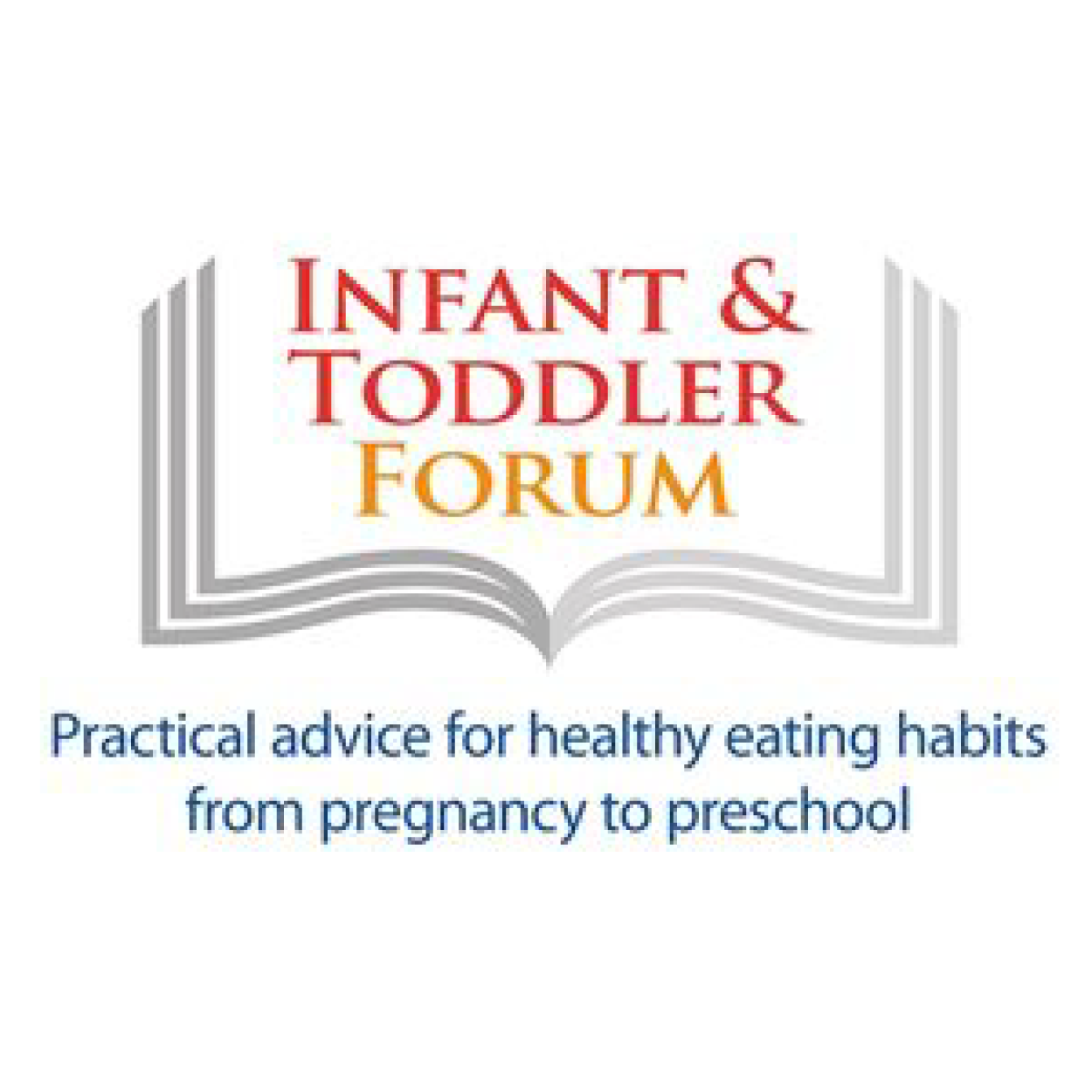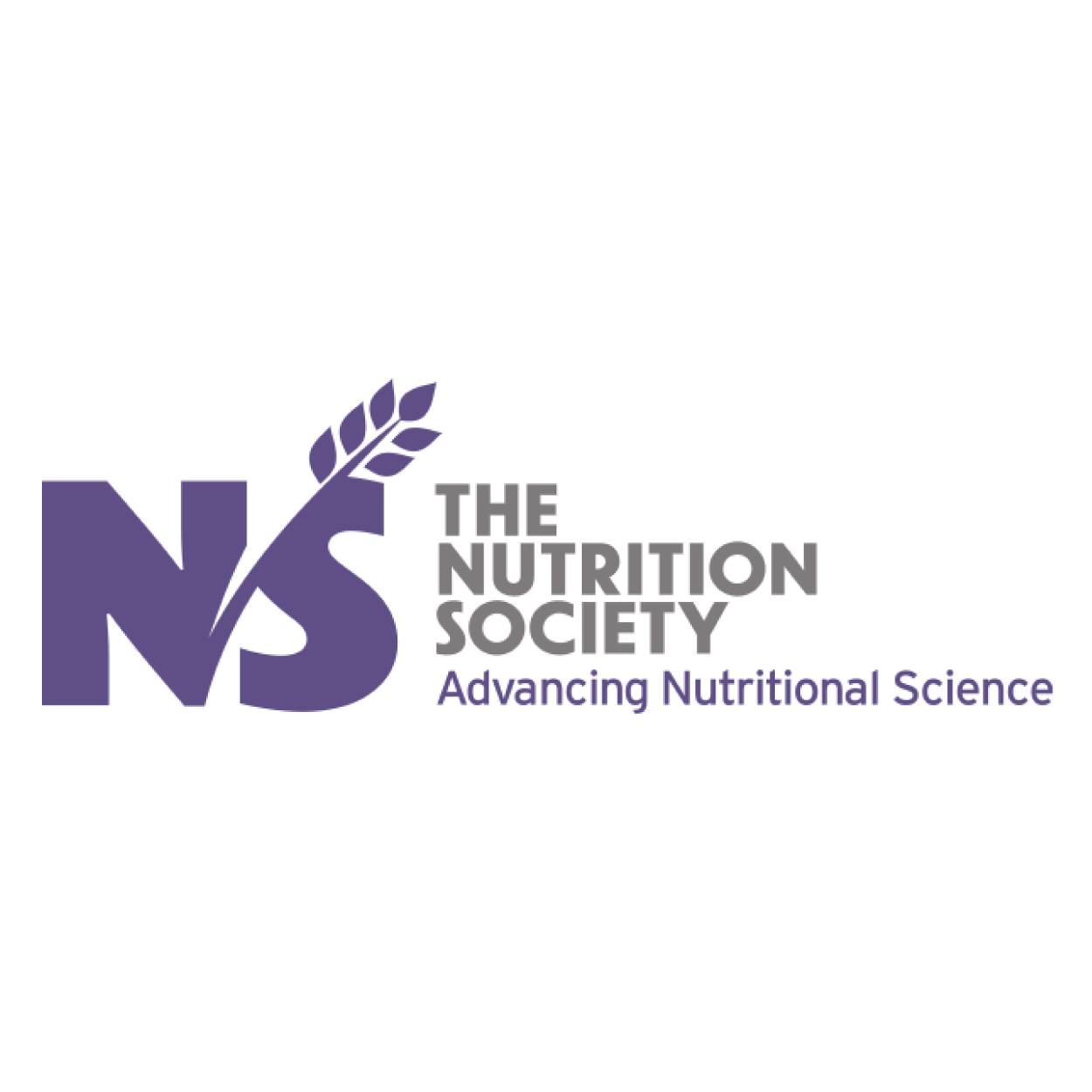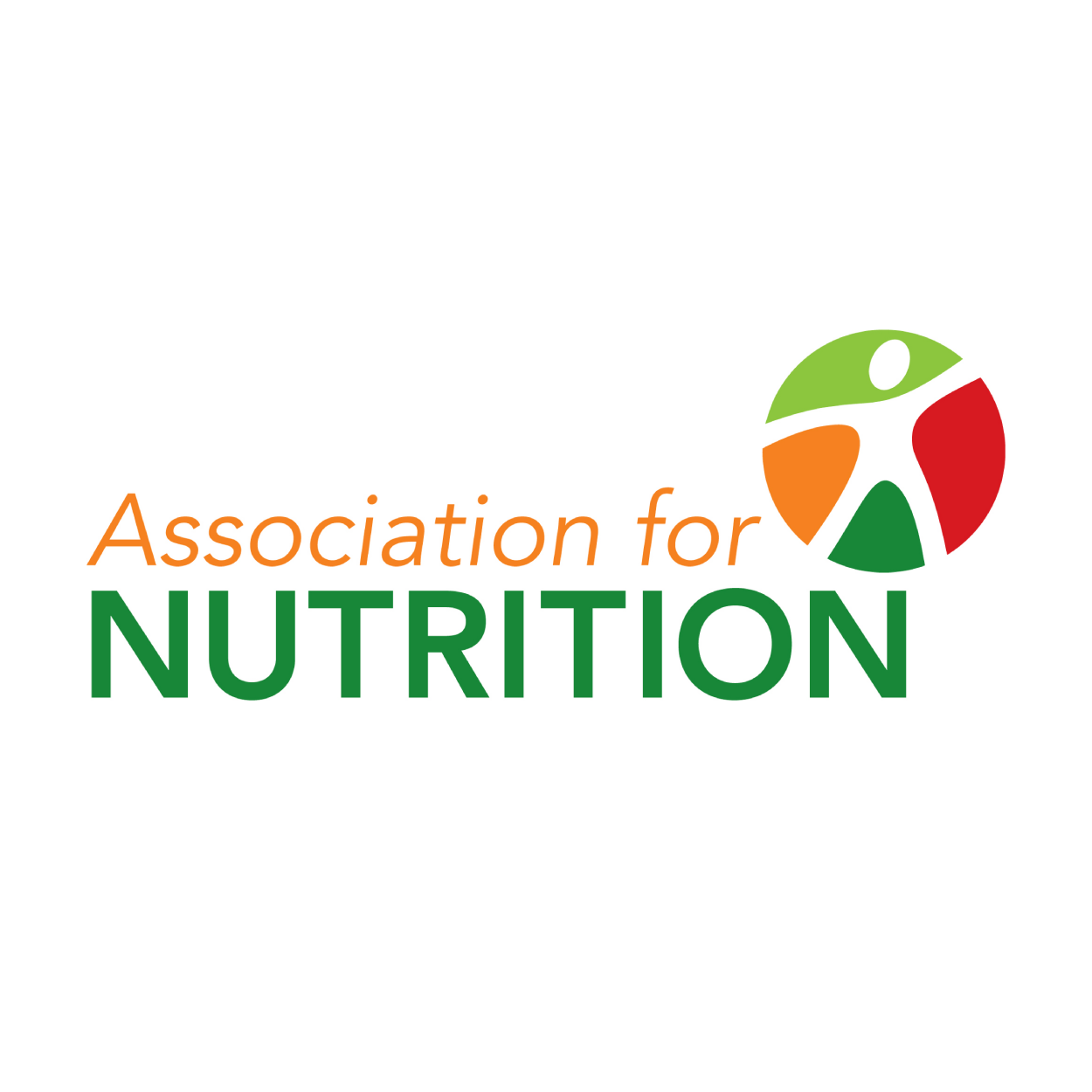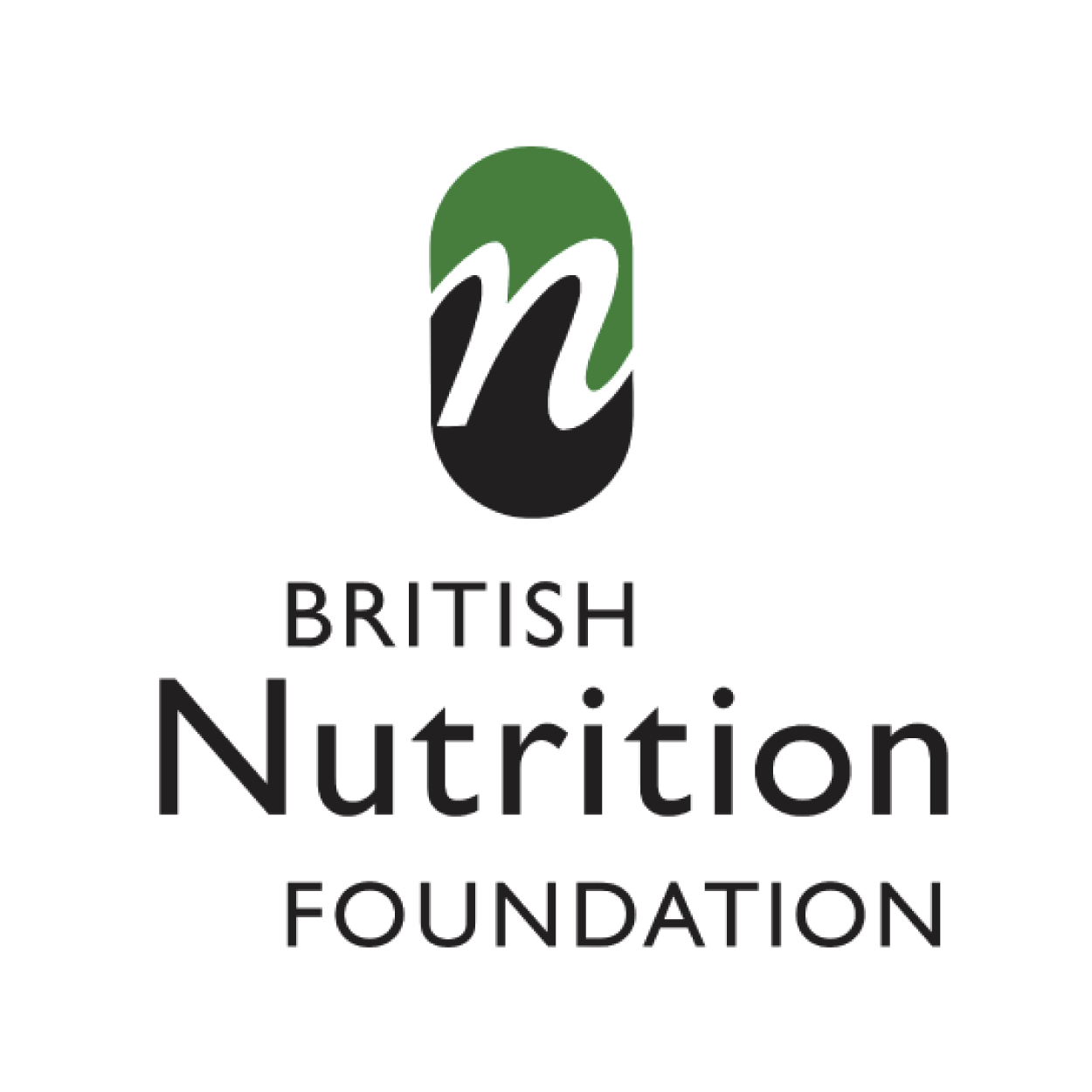Breastmilk is the preferred milk for babies during their first year because it protects babies from some illnesses in additon to nourishing them. It provides all the nutrients, except vitamin D, that they need for the first four to six months as well as containing antibodies to fight off infections circulating in their environment.
Babies all need a daily supplement containing 10 micrograms (400IU) vitamin D3 from birth.
Some mothers struggle with breastfeeding and help is available. Offer both breasts at each feed to stimulate your breastmilk production and offer a breastfeed each time your new born baby cries with hunger. Alternate which breast is offered first at each feed. Research confirms that offering both breasts at each feeding time will not affect the amount of milk fat your baby gets over the day.
If you feel you cannot satisfy your baby’s hunger on breastmilk alone, you can breastfeed at some feeds and give infant formula at one or two feeds per day so that you are still protecting your baby from some illnesses. If you only use an infant formula milk, you will need to give your baby a vitamin D supplement from birth and while your baby drinks less tham 500mls ( 17ozs) per day. The formula will provide all the other nutrients your baby needs to grow and develop up until complementary feeding but formula milks do not contain any antibodies to protect your baby from illnesses.
““Thanks for our consultation the other day. It was very enlightening. Since then, Lily has been eating a lot better, at the kitchen table and in her high chair (well, standing up in her high chair). This is a huge improvement from the floor, coffee table and TV as a distraction. We have been giving her finger foods, as you suggested, and she seems to be enjoying her food again. She hasn’t had a puree since the consultation.” ”







